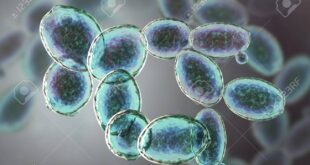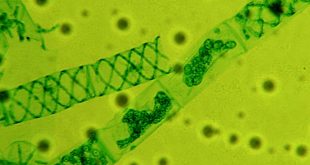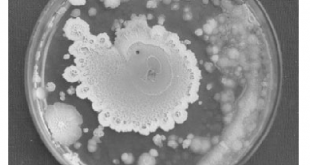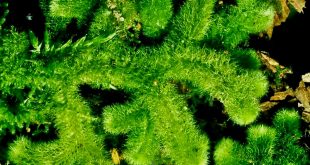Fungi are considered to be one of the most interesting sets of organisms. Some fulfills the basic necessities such as food, medicine, industrial raw materials and some succumbs the living entities to death.According to legend, three and a half millennia ago, the Greek hero Perseus accidentally assassinated his grandfather Acrisius, …
Read More »Phycology: An Introduction to Algae and Its Study
Phycology, generally referred as algology, is the study of algae, a diverse group of mostly aquatic plants that range in size from microscopic forms to shrubs or trees. The word phycology comes from the Greek word phykos, which literally means “seaweed.” They are the major producers in the food chain …
Read More »Microbiology: An Introduction to Its Range of Scopes
Microbiology is a study that studies a biologically varied group of usually small life forms, primarily bacteria and viruses. More than simply bacterial species were included in the diversity of microorganisms by the end of the classical Golden Age of microbiology. Other fields, in addition to bacteriology and virology, were …
Read More »Bryophyta: Classification and Identification of Bryophytes
Living organisms are classified into five kingdoms by R.H. Whittaker. He classified living species based on cellular structure, manner of nourishment, body organization, reproduction, phylogenetic relationship, and other factors. Monera, Protista, Fungi, Plantae, and Animalia were the five kingdoms. According to the above-mentioned criteria, the plant kingdom has been divided …
Read More » Plantlet The Blogging Platform of Department of Botany, University of Dhaka
Plantlet The Blogging Platform of Department of Botany, University of Dhaka



